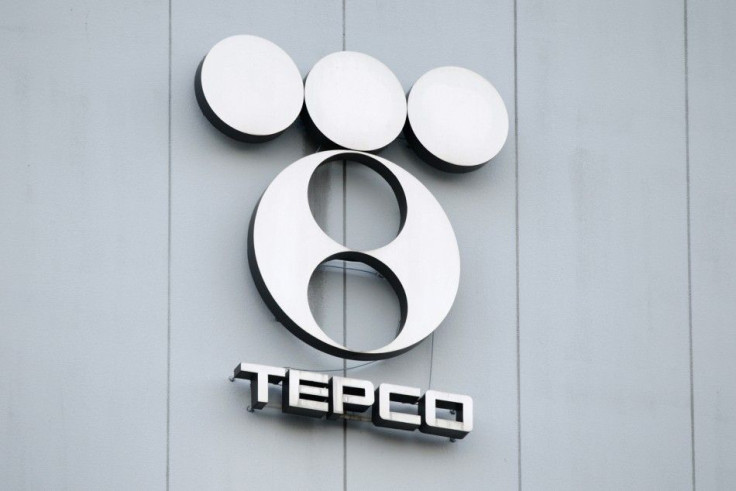TEPCO, under fire on various fronts, may become nationalized

The much-criticized operator of the crippled Fukushima nuclear power plant, Tokyo Electric Power Co. (TEPCO), may become nationalized when the government completes its review of the utility’s handling of the ongoing crisis.
Koichiro Gemba, minister of national policy, told a news conference: ‘‘It is naturally possible to hold various discussions on how TEPCO should function.”
Longer term, TEPCO is likely to face massive damages and liabilities in connection with the destroyed atomic plant and compensation related to nuclear accidents, and there are great fears the company will not have the financial ability to pay.
‘‘Since the state has been promoting nuclear energy as its policy, it is necessary for the state to ultimately take responsibility,’’ Gemba said, suggesting the government might be forced to intercede on TEPCO’s behalf to cover expenses.
TEPCO is a virtual monopoly on the Japanese power utility market in Tokyo and the surrounding vicinity.
However, at a separate press conference, another government official squelched speculation that TEPCO may come under state ownership.
Chief Cabinet Secretary Yukio Edano said the government is ‘‘not at the moment considering nationalization” and emphasized that such considerations must wait while TEPCO gives its full attention to the crisis at Fukushima.
One blogger on Japan Today expressed his skepticism about any such nationalization plans. He wrote: “Nationalization is a hidden way for the government to provide a tax-payer based bailout to TEPCO and allow their managers to escape from their responsibilities. A more reasonable solution would be: file criminal charges against some of the TEPCO executives involved in falsified reports and cover ups. Bring TEPCO to bankruptcy by charging them the full amount of reparations and dismantle the company into several competing companies. Local and foreign investors would be welcome (international energy companies, etc...). Cut any incestuous relationships between the executives of private companies and the regulatory bodies. Separate the regulatory bodies from government control (create independent institutions).”
TEPCO is also coming under fire for the information it has released to the public about the dangers posed by radiation leaks from the Fukushima plant.
According to Kyodo News, over the weekend TEPCO created some unpleasant controversy when it said that the radiation concentration found inside a turbine building at Fukushima’s No. 2 reactor was about “10-million times [that of] water in a normal reactor core,” but later corrected that estimate, saying it was wrong.
There have also been previous incidents of TEPCP officials issuing data and estimates that it later retracted or clarified, raising even more cynicism and fears amongst a public already dealing with an incomprehensible tragedy.
There have been reports and speculation that TEPCO spokesmen have failed to provide adequate answers to media’s questions because they themselves have not been given sufficient information by company higher-ups.
Even more troubling is the fact that TEPCO’s president Masataka Shimizu has hardly been seen, so far he has appeared at only one news conference, on March 13, two days after the earthquake-tsunami struck.
Chief Cabinet Secretary Yukio Edano is becoming fed up by TEPCO’s behavior, telling a news conference, We cannot give appropriate instructions unless accurate information is provided swiftly.
© Copyright IBTimes 2025. All rights reserved.





















